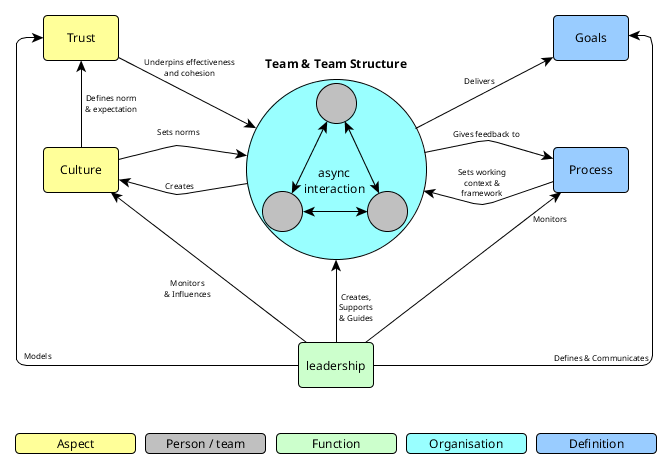Virtual Teams and Remote Working; a research based perspective

Virtual Teams & Remote Working In 2020 I finished a MSc in Systems Thinking in Practice, the final step being a research project which focused on the aspects of virtual teams and remote working. It's how I've worked for the majority of my career and a topic I think about a lot. I finished the research while coronavirus was erupting, which was as timely as it was frustrating; as I couldn't share the research straight away (due to university rules on plagiarism and sharing before marking). Because of covid-19 I've seen many posts and articles for workers who are new to remote teams, or home working. Most of these are focused on the individual and their working day, ergonomics, routine, etc. Which is great, though, I think they're mostly subjective and a little prescriptive, opposed to informative. I believe it's best for each individual to use those kinds of posts as a starting point and explore what works for them and their team. There are many different ...

